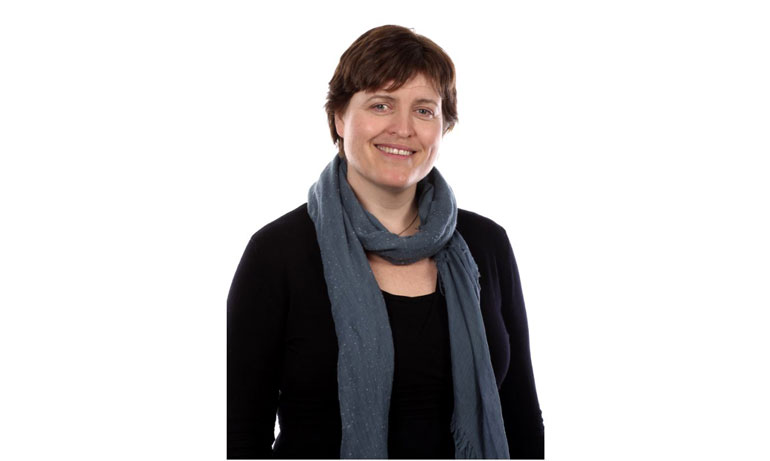Om avhandlingen:
This is a dissertation composed of four articles, within each I explore reflection in classroom teaching of Norwegian Early Childhood Teacher Education (ECTE[1]), differently. The overarching question that the dissertation seeks to address is: how is reflection sensed, thought and activated in university classrooms in ECTE? This kappe[2] summarises the articles in relation to the overarching question.
The first article generates knowledge about reflection in ECTE, by investigating how the concept is put to work in other research and in ECTE-textbooks. The following three articles are built upon the empirical study of reflection in ECTE. The empirical work took place in six different university colleges/universities located across Norway. The research materials consist of interviews with teacher educators, observation of classroom teaching, filmed observations of student-teachers engaged in groupwork and follow-up interviews shortly after the observations. The kappe-text offers an articulation of the ways in which the theoretical influences shaping arguments put forward in the articles, in turn contribute towards a critical engagement with the concept of ‘reflection’, and how the methods used to gather the research material in the articles informed the different approaches taken.
Early on, it became clear that the research was an abductive study, because reflection as a term is central and pursued via both familiar and unexpected approaches to classroom teaching. Working abductively, also resulted in a research question that continuously evolved. Being open to new knowledge about reflection in ECTE meant that it was not possible to know in advance, where the project might lead. Abduction also opened possibilities for drawing upon a vast range of knowledge and theoretical perspectives about reflection. An intensive study of theories about reflection exposed the wide array of ontological and epistemological stances that are taken in educational research on the issue. The four articles address this differently, and highlight the importance of going across and beyond traditional knowledge boundaries. As the study progressed, it insisted upon an ethico-onto-epistemological engagement in research framed by feminist and new materialist concerns.
A flattened ontology is pursued in the analysis of the contributions from the articles; this facilitates an argument that reflection is something that is sensed, thought, felt and encountered in ECTE. The discussion takes place at multiple levels. First through a meta-synthesis of contributions from each of the articles. Here the point is to discuss contributions, and how they point to what sensing, thinking and doing reflection is about. Next concerns about what reflection and diffraction[3] do for ECTE provides the focus of discussion. Here the importance of how materiality comes to matter in research is scrutinized. The inseparability of sensing, thinking and doing is discussed as a practice in immanence in the final discussion. This discussion stresses that reflection becomes understood and experienced as bodily, relational, material entanglements, and finally I conclude by suggesting that by econfiguring ‘reflection’ it becomes possible to imagine a place for diffractive pedagogy in ECTE.
[1] ECTE = Early Childhood Teacher Education. In this thesis both ECTE and kindergarten teacher education is in use, both referring to the same education.
[2] Kappe is the Norwegian concept for cape, gown, mantel or rope. In an academic dissertation, a ‘kappe’ describes the meta-text that is used to tie the different studies in a dissertation by publications together.
[3] Refraction is a central thesis-concept and is explained in 1.2.1, 2.5 and 3.2.
